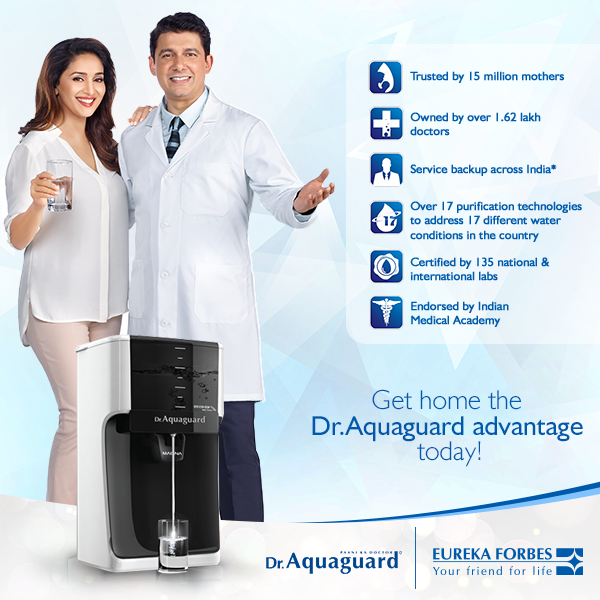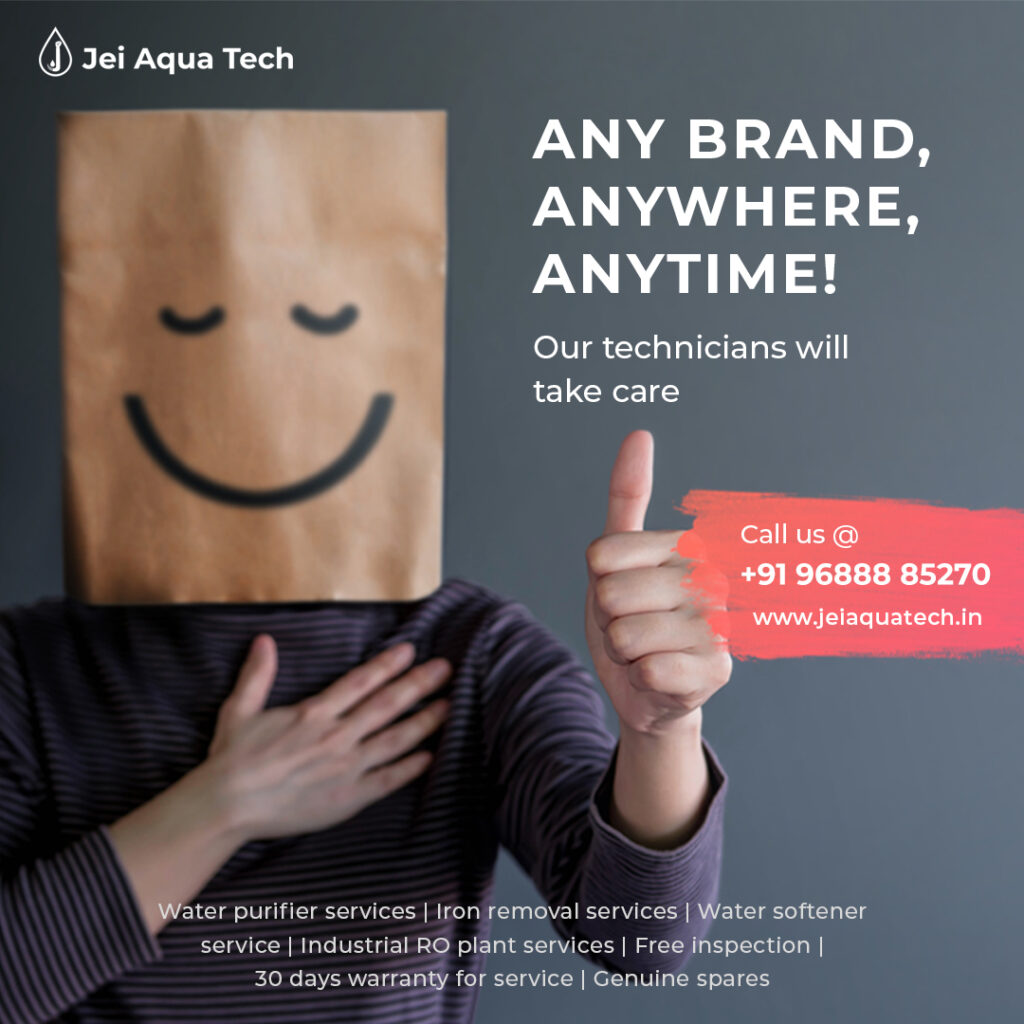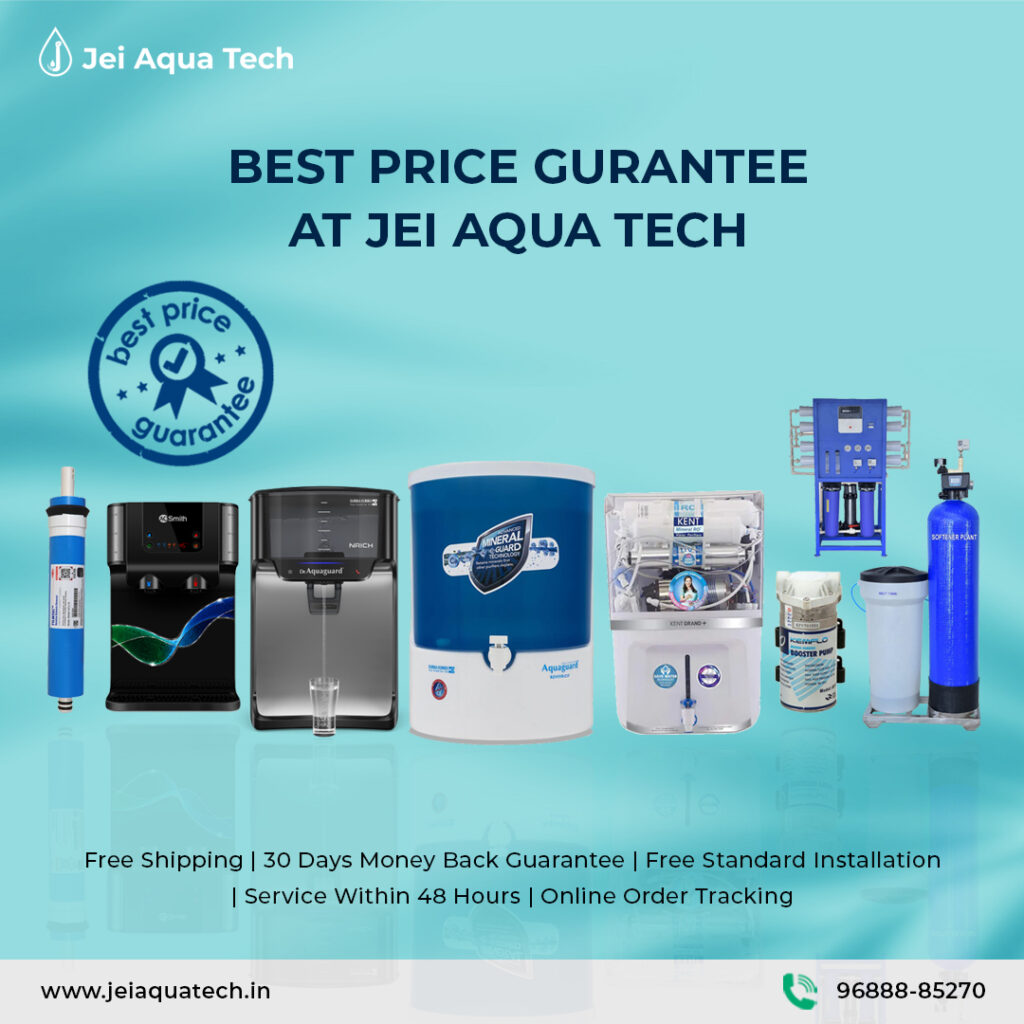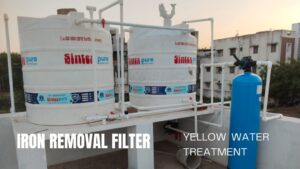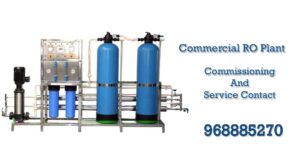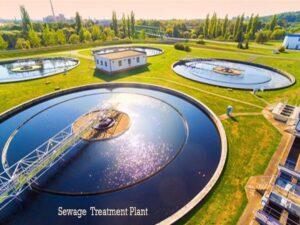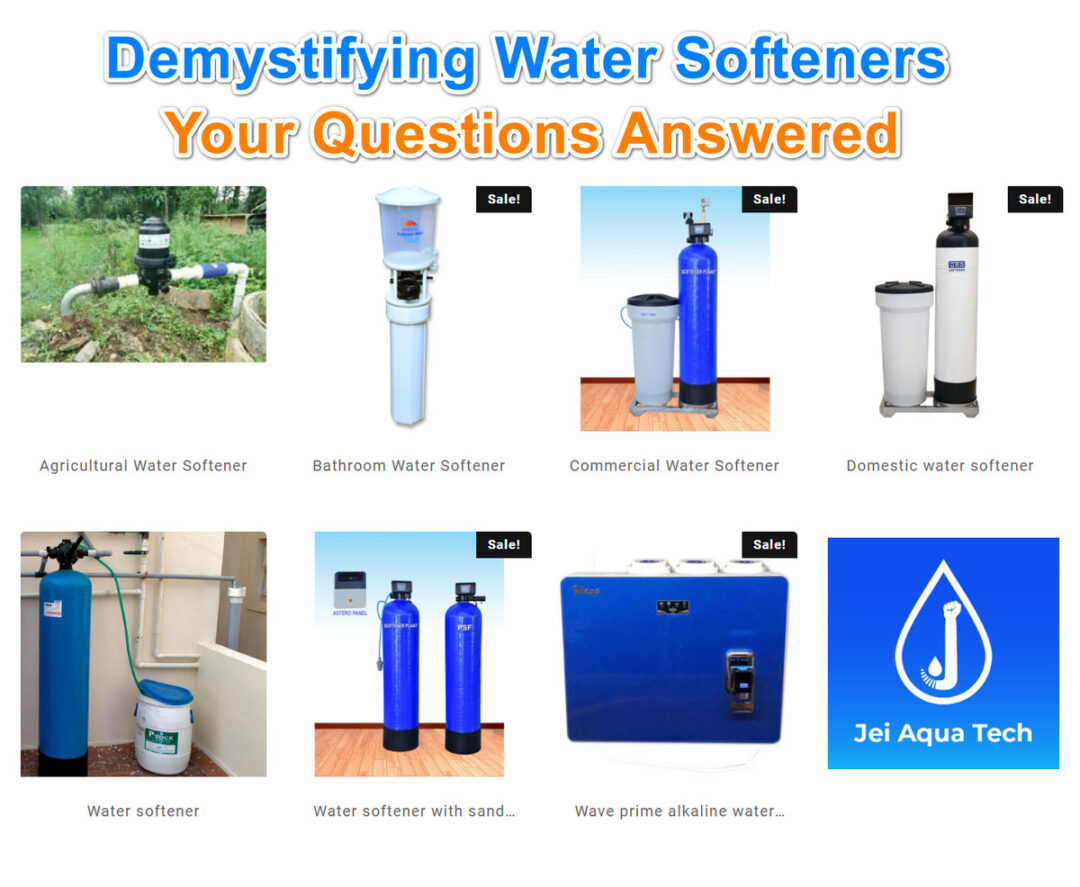
Welcome back for another “Experts Explained” episode; thanks for joining us! Most of our customers in Chennai and around India have questions concerning water softeners, and we’ll be answering those questions today.
Our water treatment experts engage in conversations with customers to provide valuable insights. They discuss the pros and cons of water softeners. This helps customers make informed decisions.
Demystifying Water Softeners
Question 1: What is a water softener?
Expert Answer: A water softener is a filter that removes minerals from hard water, typically calcium and magnesium ions. It uses an ion exchange process to replace these minerals with sodium ions, resulting in softened water.
Question 2: What are the signs of hard water?
Expert Answer: Hard water can leave mineral deposits on fixtures, glassware, and shower doors. It may also cause dryness and irritation on the skin, hair, and scalp. You might notice less foam when using soaps and shampoos. Soap scum can also form in bathtubs and sinks.
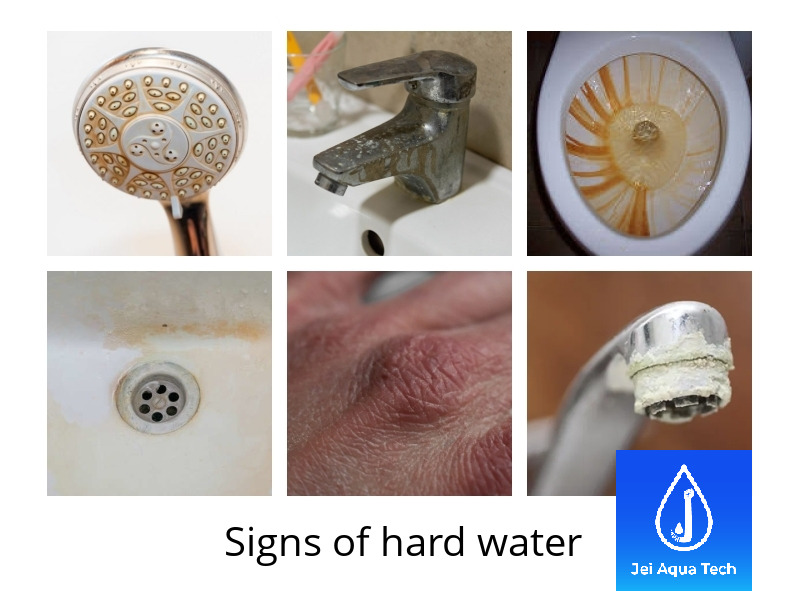
Question 3: Which sodium compound is used for softening hard water?
Expert Answer: The most commonly used sodium compound for water softening is sodium chloride, also known as salt. Salt is added in the form of pellets or blocks. This replenishes the sodium ions required for the positive ion exchange process.
Question 4: How can I soften hard water for bathing?
Expert Answer: For bathing, a whole-house water softener is the most effective solution. This system softens the water at the point of entry into your home. This ensures all faucets and showers will provide softened water. By installing a water softener, you eliminate the need for individual showerhead filters or other temporary measures.
Question 5: What does a water softener do for you?
Expert Answer: A water softener filter is useful in many ways. Hard water can harm pipes, washing machines, and appliances by forming mineral deposits. This reduces their lifespan. Using a water softener reduces these harmful effects, helping pipes and appliances last longer. Soft water helps create foam when using soaps and shampoos. This makes the skin and hair feel smoother and easier to manage.
Question 6: Does a water softener reduce TDS?
Expert Answer: Yes, a water softener does reduce the level of TDS (Total Dissolved Solids), including minerals like calcium and magnesium. It is important to note that a water softener primarily deals with minerals that cause water hardness. It may not remove all other dissolved solids. For comprehensive TDS reduction, additional filtration methods may be required.
Question 7: Can I drink softened water?
Expert Answer: While softened water is generally safe for consumption, it’s important to consider its sodium content. The sodium levels in softened water are typically low and within acceptable limits for healthy individuals. However, if you have specific dietary restrictions or concerns, it’s advisable to consult with a healthcare professional.
Question 8: Is soft water good for the skin?
Expert Answer: Yes, soft water is generally considered beneficial for the skin. It helps preserve the skin’s natural moisture barrier, leaving it feeling softer and less dry. Softened water can also alleviate certain skin conditions, such as eczema or irritation caused by hard water.
Question 9: How does a water softener work?
Expert Answer: A water softener operates through a process called ion exchange. It consists of a resin and brine tank containing tiny resin beads with sodium ions attached to them. The hard water passes through the resin bed. The calcium and magnesium ions in the water attach to the resin beads. Meanwhile, sodium ions are released. This automatic regeneration process softens the water.
Question 10: How long do water softeners last?
Expert Answer: The lifespan of a softener depends on various factors, including the quality of the system, regular maintenance, and the hardness or types of water it treats. However, with proper care and regular maintenance, a well-maintained water softener can last for 10 to 15 years or even longer.
Question 11: How much does a whole house water softener cost?
Expert Answer: The cost of a whole-house water softener can vary depending on factors such as the brand, capacity, features, and installation requirements. Generally, a reliable and efficient whole-house water softener can range from INR 15,000 to INR 60,000 or more. It’s important to keep in mind that other factors, such as the complexity of your plumbing system and any particular customization requirements, can also affect the cost.
To get an accurate cost estimate for a whole-house water softener, we recommend consulting with reputable water treatment companies in your area. They can assess your specific needs, inspect your home’s plumbing setup, and provide you with a tailored solution along with a cost estimate. Jei Aqua Tech offers free in-home consultations in the greater Chennai area. To avail, call 96888-85270.
It’s always advisable to invest in a quality water softener that suits your requirements, as it can provide long-term benefits such as protecting your plumbing, extending the lifespan of appliances, and improving the overall quality of your water.
Question 11: How to pick a water softener for home?
Expert Answer: Here is a comprehensive guide on how to pick the perfect water softener for your needs in India, with a specific focus on Chennai.
Assess Your Water Hardness Level: The first step in selecting a water softener is to determine the hardness level of your water. You can do this by obtaining a water test kit or contacting a water treatment expert to perform a water analysis. Understanding the level of hardness will help you choose a water softener that can effectively treat your water.
Consider Your Household’s Water Demand: Next, consider the size of your household and the daily water consumption. This will help you determine the capacity and flow rate required for your water softener. Ensure that the softener you choose can handle the water demands of your family without compromising its efficiency.
Evaluate the Features and Technology: Look for key features that suit your preferences and address specific concerns. Some important features to consider include:
Regeneration Control: Opt for a water softener with adjustable regeneration cycles to maximize efficiency and minimize salt usage.
Digital Control Panel: A user-friendly control panel allows easy monitoring and customization of settings.
Water Efficiency: Consider water softeners that are designed to conserve water during the regeneration process.
Advanced Filtration: If you have additional water quality concerns, consider a water softener with integrated filtration technology.
Smart Features: Some water softeners offer smart capabilities, such as app-based controls and remote monitoring, for added convenience.
Quality and Reliability: Choose a water softener from a reputable brand that offers reliable products and good customer support. Read reviews, seek recommendations, and consider the warranty provided to ensure you invest in a durable and dependable system.
Installation and Maintenance: Consider the ease of installation and ongoing maintenance requirements. Consult with a professional to determine if your home requires any additional plumbing modifications or pre-treatment options.
Budget Considerations: While it’s important to prioritize quality and performance, establish a budget range that aligns with your requirements. Compare prices and features of different water softeners within your budget to make an informed decision.
Consult with Water Treatment Experts: For personalized advice and recommendations, consult with water treatment experts who can assess your specific needs, provide accurate water testing, and guide you towards the most suitable water softener for your home.
To sum up,
water softeners are essential in reducing the negative consequences of hard water. Our goal is to help you improve the quality of your water by answering some of the most frequently asked concerns about water softeners.
Water hardness, household water demand, features, quality, and budget must be thoughtfully considered when picking a good water softener for your home in India, especially in Chennai. By following the steps indicated in this guide and consulting with trained professionals, you will be able to make an informed decision and invest in a water softener that will effectively treat your water, provide long-term benefits, and improve the quality of your daily life.
Remember, our team of experts is always here to assist you in finding the best water softener solution for your specific needs. Stay tuned for our next episode of “Experts Explained”!

